The Summer Opera
4 (Preview)/7/10/11/13/14 July 2018
Conductor – Steven Devine; Director – Michael Burden
In a new English translation by Simon Rees
Reviews
NCO’s Rare Haydn Opera is an Enchanting Oxford Evening – Seen and Heard International
A World of Enchantment: New Chamber Opera’s Production of Haydn’s Il mondo della luna – British Society for Eighteenth Century Studies
The Evening’s Events
6.00pm: Drink in the Cloisters
6.30pm: Opera Part I, The Warden’s Garden
Picnic Interval in the Cloisters (approximately 90 minutes)
9.00pm: Opera Part II, The Warden’s Garden
10.15pm: Curtain
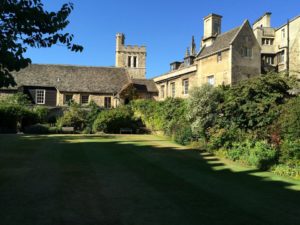
Tickets
Wednesday 4 (Preview) & Tuesday 10
New Chamber Opera
http://www.ticketsource.co.uk/newchamberopera
or
Download a form here
****
Saturday 7 & Friday 13
Tickets: New College Development Office (01865) 279 337
Tuesday 10
Tickets: OXPIP (01865) 778 034
Wednesday 11
Tickets: Friends of the Oxford Botanic Garden (07722) 605 787
Saturday 14
Tickets: Friends of WNO (01865) 408 045
Il mondo della luna
Ecclitico, a would-be astronomer: Daniel Shelvey
Ernesto, a cavalier: Daniel Keating-Roberts
Buonafede, a naive old man: Thomas Kennedy
Clarice, daughter of Buonafede: Kate Semmens
Flaminia, another daughter of Buonafede: Rachel Shannon
Lisetta, maid of Buonafede: Indyana Schneider
Cecco, servant of Ernesto: Alexander Gebhard
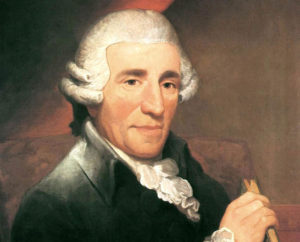 The central character of Haydn’s opera Il Mondo della Luna is a rather dotty and egotistical but naive old man, Bonafede. He is entranced by the lunar lifestyle invented by Ecclitico, the false astronomer. The aim of the opera is to befuddle Bonafede into allowing his two daughters to marry: Flaminia to Ernesto, and Clarice to Ecclitico. The opera was performed in celebration of the wedding of Count Nikolaus Eszterházy (son of Haydn’s employer, Prince Eszterházy) and the Countess Maria Anna Weissenwolf on August 3, 1777, but very rarely (if at all) thereafter. It underwent a number of changes, and it is clear that there is not one but many versions of the piece.
The central character of Haydn’s opera Il Mondo della Luna is a rather dotty and egotistical but naive old man, Bonafede. He is entranced by the lunar lifestyle invented by Ecclitico, the false astronomer. The aim of the opera is to befuddle Bonafede into allowing his two daughters to marry: Flaminia to Ernesto, and Clarice to Ecclitico. The opera was performed in celebration of the wedding of Count Nikolaus Eszterházy (son of Haydn’s employer, Prince Eszterházy) and the Countess Maria Anna Weissenwolf on August 3, 1777, but very rarely (if at all) thereafter. It underwent a number of changes, and it is clear that there is not one but many versions of the piece.
The opera was a pathbreaker in a number of ways. Up until 1776 there was no regular operatic tradition at the Eszterházy court, where Haydn was composer and Kapellmeister. He had composed several well-received operas, including L’infedeltà delusa (performed by New Chamber Opera in 2014) but it was not until the completion of the new Eszterházy theatre that he began to compose operas on a regular basis. Haydn not only wrote new operas but promoted works by other composers’ new repertoire. It has undergone some revival in the last few years, in particular, in two different productions by English Touring Opera.
 New Chamber Opera
New Chamber Opera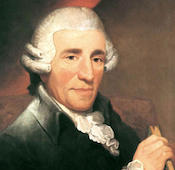
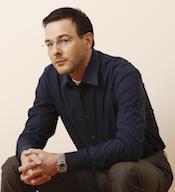
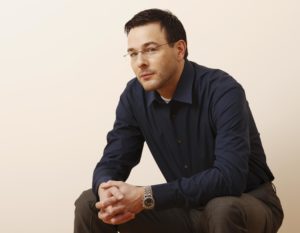
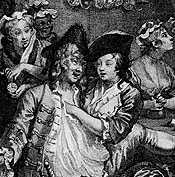
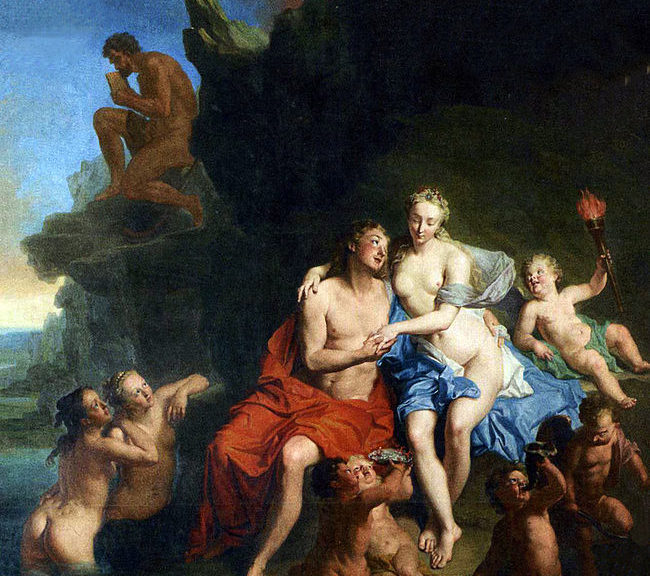
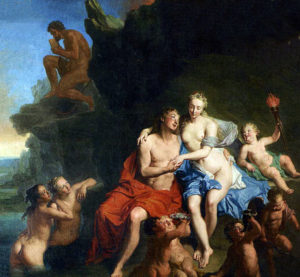 G F Handel
G F Handel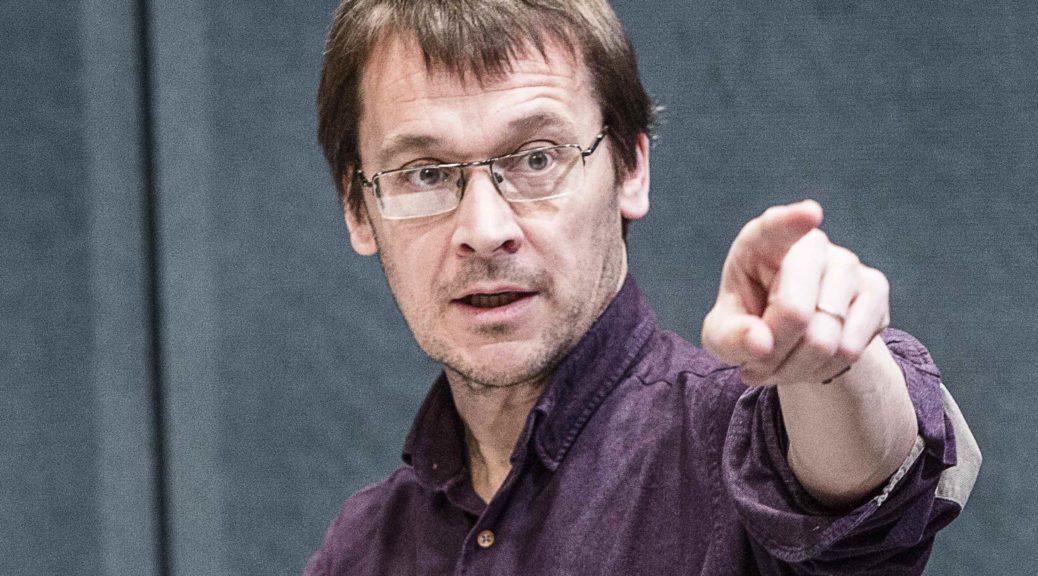
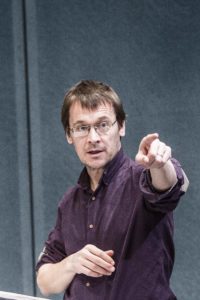
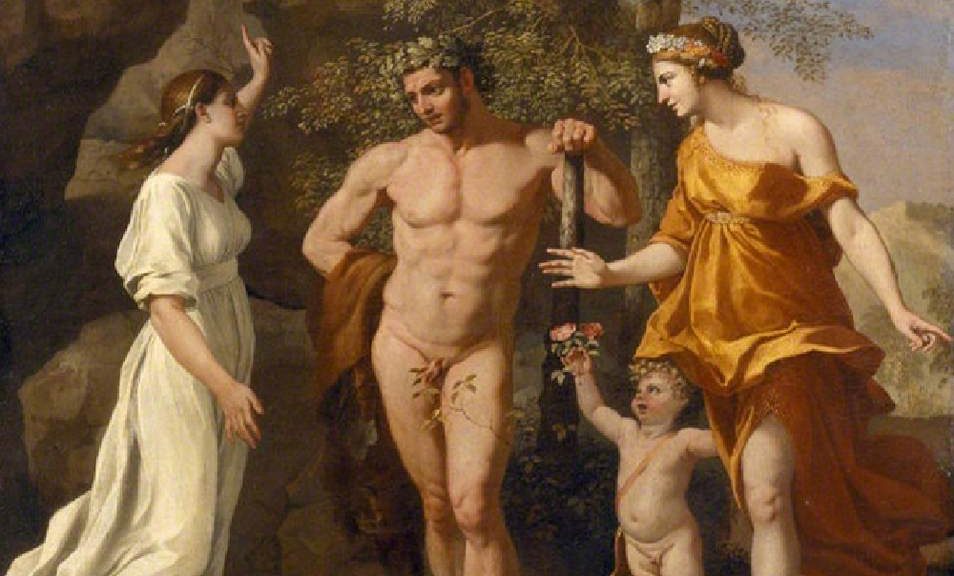
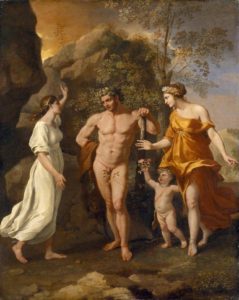
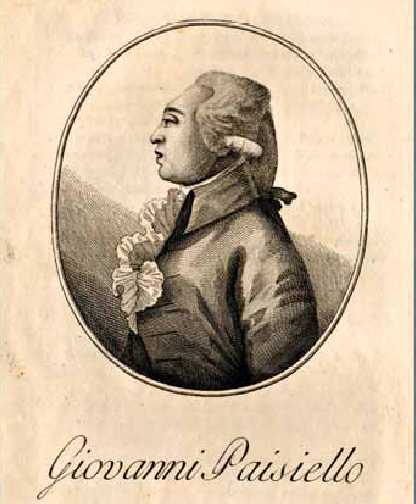
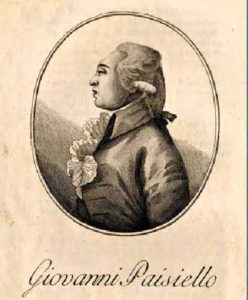 Giovanni Paisiello
Giovanni Paisiello